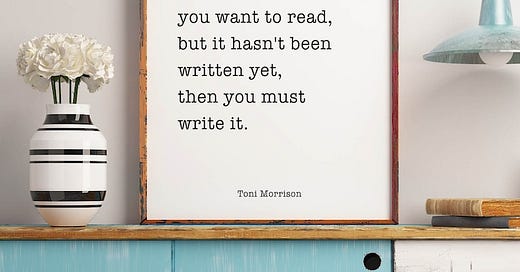I tend to turn to books when I am in search of insight or wisdom. It can be a different point of view, or a summary of many different ideas on a topic. It is satisfying to read well-articulated and well-reasoned approaches. Maybe this tendency began because I was an avid reader from a young age and naturally gravitated towards the written word for objective and authoritative information/guidelines/ideas/experiences. But I feel that part of it is also that as a kind of third culture person, I have always lacked a network of peers who share my trajectory or of “elders” who walked the same path before me. As a result, I have had to make up my own ad hoc networks of fellow travelers.
I have realized that the kinds of books I am searching for at any given time offer a window into what my soul is trying to resolve or gain clarity on. When I am fortunate enough to find the right book, it is like communing with a trusted friend. Even if I don’t find the solution or resolution that I am looking for, it helps to know that others too have grappled with the same challenges.
No STEM novels
I am a retired software developer. I sense that there remain certain unresolved aspects about my career and so I keep searching for fiction and nonfiction that reflects the life of people working in STEM fields and who are buffeted by the social, economic, and cultural forces of our era. I don’t want triumphalist narratives—I don’t find them relatable.
A novel about a software engineer who had to train his or her replacement. Or one about a researcher dealing with funding challenges while pursuing scientific inquiry or the recent DEI mandates. Or one about a person who left the tech profession or entered it at middle age. The race, ethnicity, gender etc. of the protagonists are immaterial. What matters is the experience faithfully told.
One example of such a satisfying book is “I don’t know how she does it” by Allison Pearson. At the time I read it, I was in the life stage of trying to find work-life balance and the book hit the spot. Another example is “Brothers and Sisters” by Bebe Moore Campbell. Neither of these is a STEM novel, but both are about places of work affected by the zeitgeist.
There have been some interesting books about the startup world. One is Dan Lyons’ memoir “Disrupted: My Misadventure in the Start-Up Bubble.” Another is about a startup that comes up with a way to communicate with the dead using chat. “The Circle” by Dave Eggars is too dystopian for my taste.
To be sure, there are many novels about startups and, while they are not all dystopian, they do descend into a cynical view of society. While that may be justified, especially in startup world, they offer neither insight nor entertainment. Also, they mostly feature young people who seem not to have any real-world experiences or relationships.
It is not hard to find books about people who work in publishing, media, and law. I suspect that this is because people who work in these professions are writers first and so have the natural tendency and ability to express themselves through words. So, they “write what they know,” as writers are often instructed to do.
No first-generation immigrant novels
Another category of books that I keep looking for and keep failing to find is a latter-day immigrant narrative that is NOT primarily about loss, nostalgia, food, music, dance and the like. And, that is written by the immigrants themselves, rather than by their children or grandchildren.
A few books that I liked in this genre are “Karma and Other Stories” by Rishi Reddy, “These Americans” by Jyotsna Srinivasan, and “Motiba’s Tattoos” by Mira Kamdar.
I already have more than enough written to make such a memoir in essays, but unfortunately there are no takers—neither publishers nor, as they are sure to claim, readers. It is a classic chicken-and-egg problem of which comes first.
Any recommendations?
I did a google search for books on the two above themes. Nothing came up. Even the prolific “Chicken Soup” series has not tackled these topics.




Continue to enjoy your insights. Thanks!
I’m not sure if it is an exact fit for your STEM classification, but several years ago I published a novel called Proles. The main character is a thirty-year-old female scientist. She works in an oppressive administrative regime and there are several layers of conflict. You can look at the website www.Prolesthebook.com to assess.
You’re right that engineers don’t get a lot of literary recognition. The world doesn’t know what it’s missing!